
28 Oct,2021
Blog by - By Yasunori Ogawa, Global president of Epson
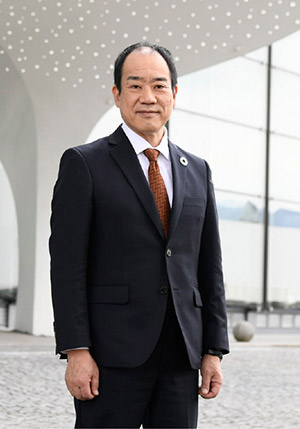
Wildfires rage from Africa to Asia to Australasia, across Europe and on into North and South America. Unprecedented floods devastate communities across China, Colombia, Germany and India. Temperatures soar as Italy registers the highest ever recorded in Europe1 and July 2021 is officially confirmed as the hottest in human history2 . Climate change is witnessed across every region and climate system on the planet3.
I think that we can agree that the climate emergency is real and happening right now. Epson research, however, suggests that for many people, climate change is something that happens to other people.
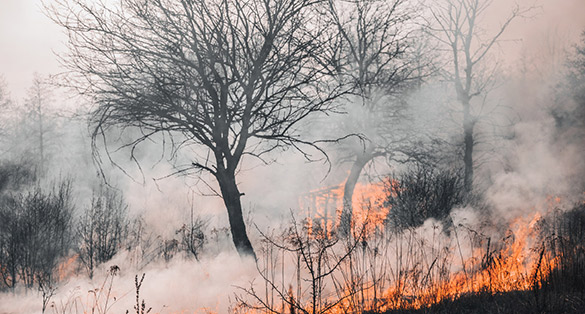
Wake-up call
I believe the world is waking up to the climate threat. Even two years ago, few people outside environmental circles would have known what COP is. Today, however, there is a growing sense of anticipation as we approach the 26th UN Climate Change Conference of the Parties — COP26 — in the UK in November4.
Something has changed — and that may well be due, in part, to the latest report from the Intergovernmental Panel on Climate Change (IPCC) . It finds that disruption is “widespread, rapid and intensifying” and we have almost certainly already missed limiting warming to the 1.5˚ and even 2˚ temperature targets. It’s a failure that brings existential environmental, social and economic threats6.
Evidence for climate change is inescapable as COP26 greets 200 world leaders, thousands of businesses and interest groups and more than 30,000 people. While governments may commit, however, action must come from billions of ordinary people: their perceptions and responses to climate change will be critical.
Reality deficit
Epson is helping to broaden our understanding of public attitudes through its Climate Reality Barometer — a survey of more than 15,000 people across Asia, Australasia, Europe and North America. The results are startling.
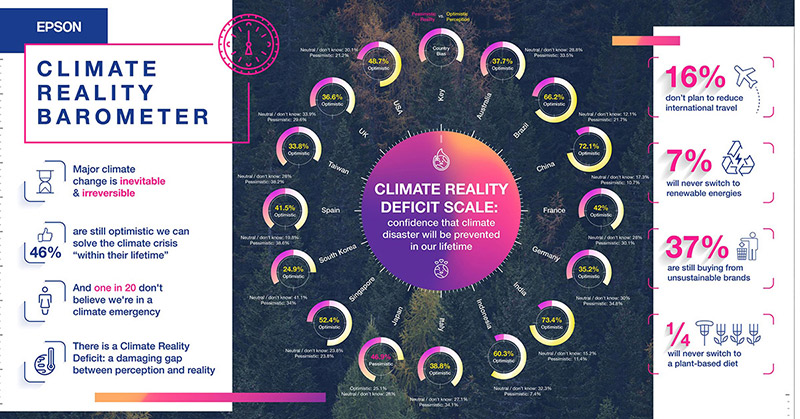
Despite clear evidence of the climate emergency — including the IPCC’s conclusion that some aspects of climate change will take millennia to reverse7 — 46% of respondents believe it will be solved in their lifetime. It’s an extraordinary finding that reveals a worrying climate reality deficit.
Epson’s Barometer suggests that this extreme optimism stems from people’s inability to recognise climate change when they see it. Around three quarters of those surveyed associate well reported events such as rising temperatures with climate change — but around half fail to associate it with less media friendly outcomes such as insect outbreaks.
This misunderstanding of cause and effect may also explain the perception that responsibility belongs to someone else. More than one in four respondents believe that governments are most responsible and close to a sixth pass the buck onto businesses. Others are more aware of the scale and speed of the emergency and believe in personal (around one in six) and collective (around a third) responsibility.
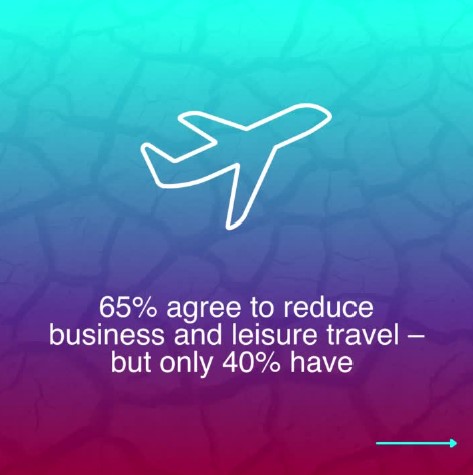
There also appears to be a gap between accepting responsibility and acting on it. People were asked what actions they are willing to take to play their part in tackling climate change (things they already, or in the future plan to, do). While an impressive two thirds will change to an electric vehicle, fewer than one in six have switched. Well over half accept a move to a plant based diet, just a quarter have so far. Even ditching unsustainable brands sees high intent (68%) but disappointing delivery (29%).
Business — response and responsibility
These findings present compelling challenges for those of us committed to tackling the climate emergency. I believe business is about giving customers what they need to succeed, so our task now is to raise awareness while providing people with the tools they need to act.
We can make powerful contributions in two important ways:
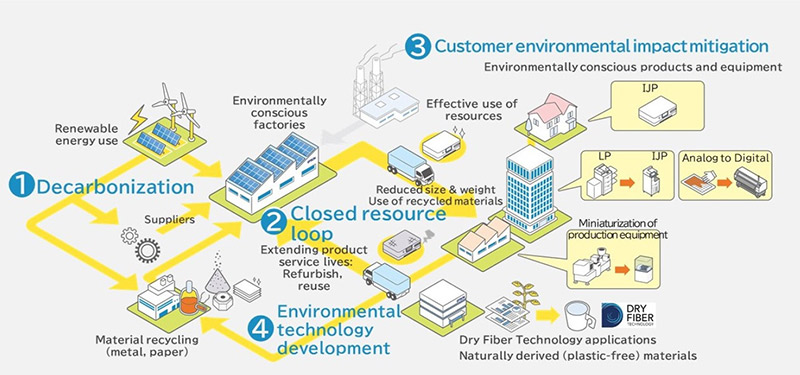
COP26 is described by environmental activist Sir David Attenborough as, “…the world’s best last chance to get runaway climate change under control”. As business professionals, we know a bottom line when we see one and now is the time to do what we do best: stepping up at the right time with the right solutions to bring about the right outcomes.
Sign up to receive Epson's Latest News, Updates & Exclusive Offers
Welcome to Epson and keep an eye out for our latest updates and exclusive offers.
The webmaster has been notified about the problem.
You are providing your consent to Epson Australia Pty Ltd., so that we may send you emails with regards to interesting news, latest updates and exclusive offers.
You may withdraw your consent or view our privacy policy at any time.
Copyright © 2023 Epson Australia Pty Ltd. All rights reserved. ABN 91 002 625 783 EPNPRWEB03
